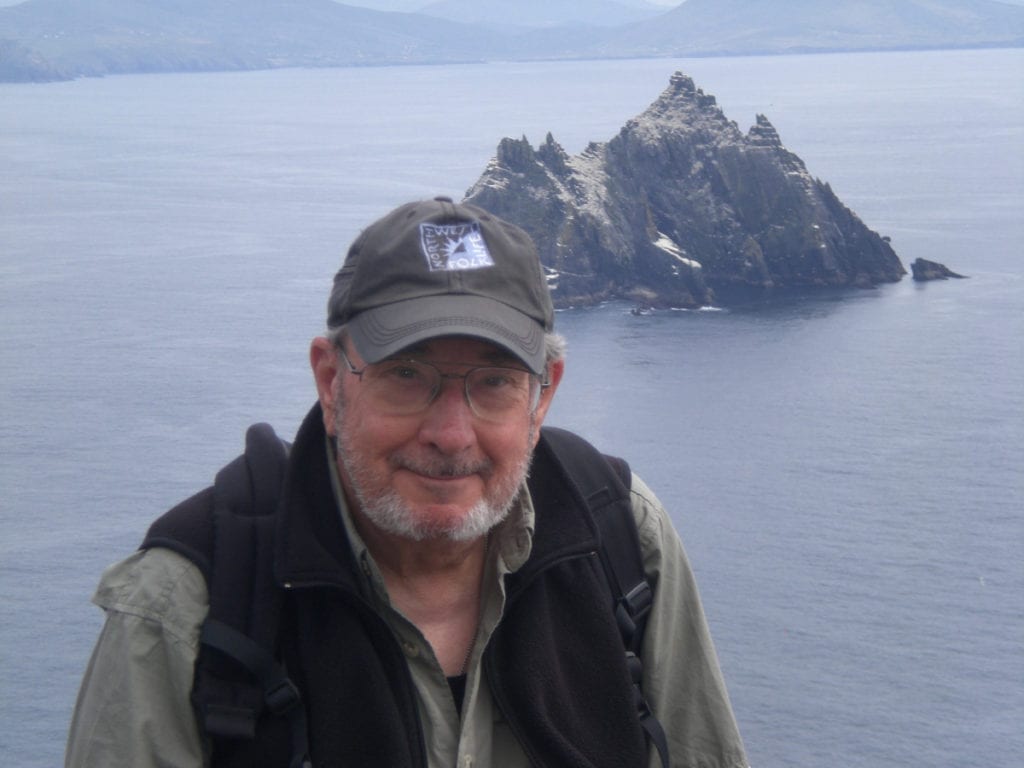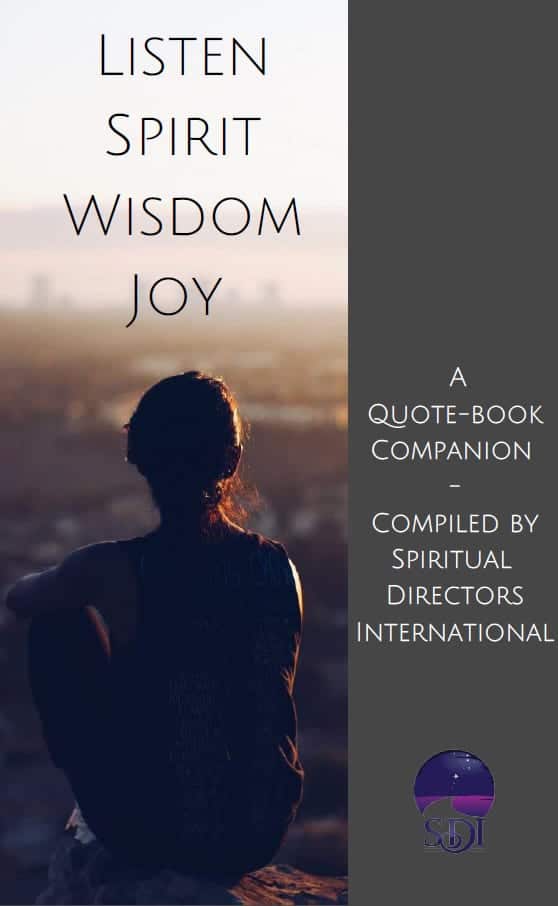As is so often the case, my session with Jerry allowed thoughts and ideas lying just below my consciousness to surface, like trout waiting for the right moment, waiting to surface for sustenance. Frequently I’ve described time with my spiritual director Jerry each month as “oral journaling” in which I’m sometimes very surprised at what comes out of my mouth. In our last meeting, an idea quietly exploded into my consciousness and then into our conversation. It was the idea that my contemplative practice and my great love of fly fishing were somehow deeply connected.
Since my mid-teens I have been fascinated by the art of fishing. In retrospect, I can see many Jungian overtones in the ritual; probing below the surface, seeking the unseen, yet believing the presence of that unseen one. It’s an act of faith. Finally, rejoicing in the moment of connecting with that unseen other. All of this requires patience, allowing the process to take just as much time as it takes.
In my own spiritual direction training in 1986 at the Vancouver School of Theology, Jack Gorsuch and his colleagues introduced me to contemplative practice. The intentionality with which I entered into sitting practice was to empty myself, creating a sacred space into which God was invited to inhabit, in any way that God might see fit. I was entering the unknown, seeking the Beloved. As part of my transitional imagery, I would visualize a flowing river just as many other practitioners have for centuries. Various distracting noises would occur and be carried away by the river, exiting stage left, flowing across the proscenium of my consciousness. In time, the space between the distractions would become greater and greater until I could almost fully disconnect from them and allow the river to carry me with it. Ultimately, in the last bit of visioning (and I think this is my own quirky addition) I would move below the surface and become part of the river itself. What followed was the emptied, no-self state, the space into which God might choose to come.
The Yakima isn’t just any river. It’s considered the best blue-ribbon trout stream in the state of Washington. Catch-and release regulations keep it that way. When I began to fish it seriously in 1998, I floated it with a guide. Bruce helped me refine my casting technique, taught me to “read the river,” and helped me to place my fly so that the current took it to the right place at the right time. He showed me where the trout tended to hold, depending on the time and year and the water level. He offered resources and made suggestions that helped me greatly when I began to float it and fish it alone. The similarities between what he did as a guide and what we do in spiritual direction were not lost on me.
It’s no surprise that I find fishing the Yakima to be a very contemplative experience. It is somehow the embodiment of more traditional contemplative practice. The river is a relentlessly compassionate ecosystem that allows me for a time to become part of it, immersed in a quiet ritual. Casting a handmade artifact of feathers and thread is somehow a kinesthetic expression of seeking another beloved, an icon of the Great Beloved. Meister Eckhart tells us that every creature is a book about God, about the Creator. Trout are among the more beautiful of God’s creatures, with their streamlined, jewel-like bodies. When the trout comes to my hand to be unhooked and released, there is a moment of inter-species contact, an instant of eye contact with an other. Not a lesser other, but definitely an other. Perhaps this is the closest I will ever come to the unitive experience sought by all contemplatives.

Since 1986, Tom Cashman has been leader of many retreats, pilgrimage leader, and a spiritual director in the Pacific Northwest, working primarily with clergy and lay leaders. His formation was in the first cycle (1987-89) of the Jubilee Northwest Spiritual Direction Program, Vancouver BC. In the academic world, he has been on staff and spiritual director for the Pastoral Leadership Program at Seattle University (2003-08). Tom retired from The Seattle School for Theology & Psychology (2003) after 9 years as an adjunct professor, teaching Spiritual Formation and Celtic Spirituality. He continues to lead retreats and provide spiritual direction in the greater Seattle area.





1 comentario en “Contemplative Fishing and Spiritual Direction”
Sounds interesting